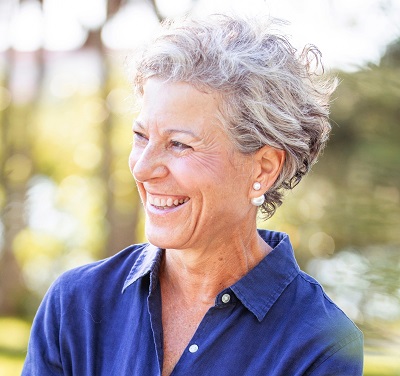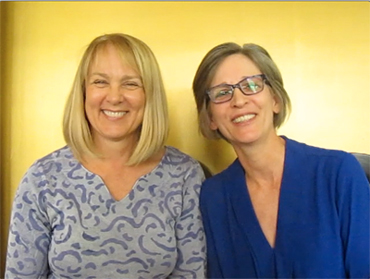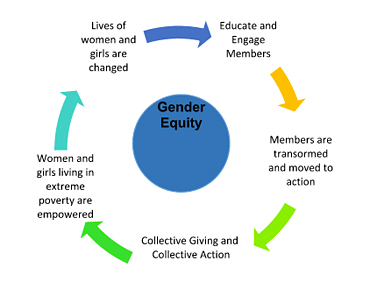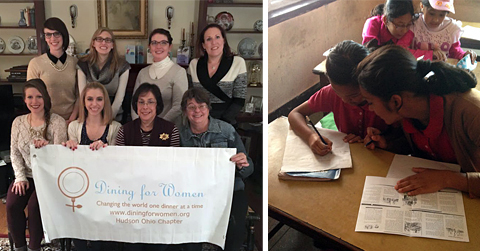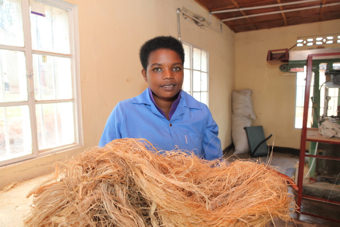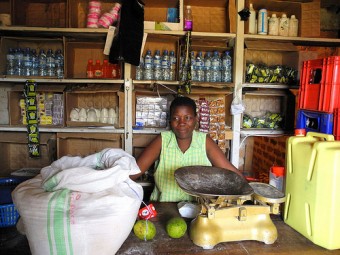Transformation Partnerships Coming Up!
By Scott Osborne and Sue Malick, Co-Chairs of the Transformation Partnerships Committee
You have probably heard about Transformation Partnerships at your local chapter meeting, at one of our national webinars, or here in The Dish. (See below for links to previous blogs.) Transformation Partnerships are our newest grants, dedicated to funding the root causes of gender inequality. Details

